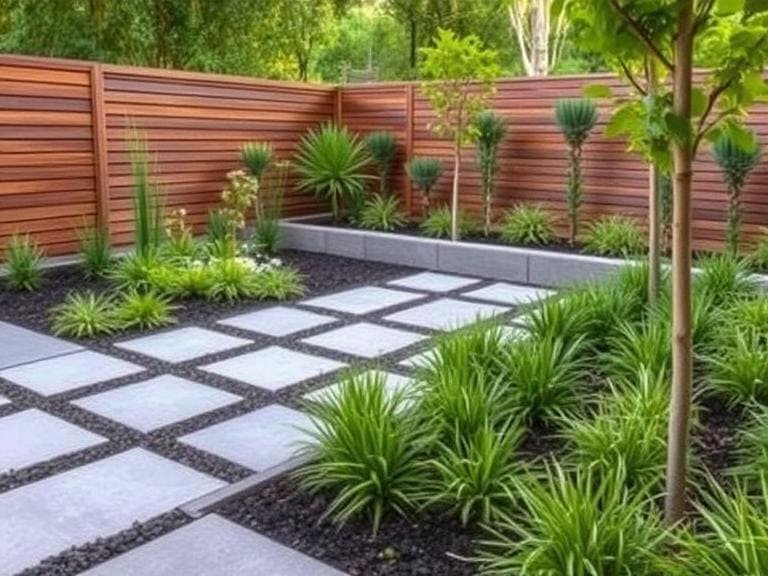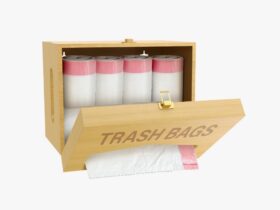Affordable Landscape Design Melbourne: Because Your Backyard Shouldn’t Cost More Than Your House
Let’s face it, Melbourne: your garden currently looks like the set of a zombie apocalypse movie. Overgrown bushes, patchy grass, and that one sad potted plant you’ve named “Survivor.” But here’s the good news—affordable landscape design Melbourne doesn’t mean sacrificing style for savings. Whether you’re dreaming of a lush oasis for weekend barbies or a low-maintenance haven that won’t judge your black thumb, this guide serves up dirt-cheap inspiration (pun intended).

Why Melbourne Needs Affordable Landscape Design (And Why You’re Not Crazy for Wanting It)
Melbourne’s weather has more mood swings than a toddler denied ice cream. One day it’s blazing sunshine; the next, you’re Googling “how to build an ark.” A well-designed landscape isn’t just pretty—it’s armor against our climate’s drama. But hiring a designer often feels like selling a kidney. Enter budget-friendly garden design Melbourne solutions that balance aesthetics, functionality, and your sanity.
Pro Tip: Swap thirsty English roses for native plants like Kangaroo Paw. They’ll survive Melbourne’s tantrums and attract cheeky lorikeets for free entertainment.
DIY vs. Pro: When to Call the Cavalry
Sure, DIY projects are fun… until you’re knee-deep in mulch, crying over a misplaced pavestone. While DIY cheap landscaping ideas Melbourne work for small tasks (like planting succulents or building a fairy garden for your cat), larger projects require expertise. A professional designer can dodge pitfalls like:
- Overcrowding plants (RIP, your rosemary bush).
- Drainage disasters (goodbye, backyard pond).
- Council regulations (nobody wants a $5k fine for that illegal fire pit).
Funny Story: My neighbor Bob tried building a DIY pond. It’s now a frog nightclub.

Cost-Saving Hacks for Melbourne Gardeners
- Repurpose Like a Hipster: Turn old pallets into vertical gardens or wine barrels into herb planters.
- Go Native: Indigenous plants need less water and fewer tantrums.
- Mulch Madness: Save 50% on water bills and smother weeds. Win-win!
- Secondhand Scores: Hunt for pre-loved pavers on Gumtree.
- Group Therapy: Cluster plants with similar needs to cut maintenance.
Seasonal Plant Guide: Keep Your Garden Alive Longer Than Your New Year’s Resolutions
Melbourne’s “four seasons in a day” rep isn’t an exaggeration. Here’s what to plant without crying:
- Spring: Camellias (because they’re basic but reliable).
- Summer: Lavender (doubles as a mosquito repellent).
- Autumn: Japanese Maple (for Insta-worthy leaf drops).
- Winter: Snowdrops (they’ll bloom while you’re hibernating).
Case Study: From Desolate to Delightful on a Budget
Meet Sarah from Footscray. Her yard was a “wasteland of despair” (her words). For under $3k, she transformed it into a cosy retreat with:
- Gravel pathways (bye, mud).
- Recycled timber seating (hello, hipster vibes).
- Drought-tolerant grasses (because she’s lazy).

How to Spot a Scam: “Affordable” Designers Who’ll Ghost You
Not all low-cost outdoor makeover Melbourne services are legit. Red flags:
- No portfolio (they probably design UFOs on the side).
- Upfront cash demands (run faster than Usain Bolt).
- Vague quotes (spoiler: it’ll double).
Sustainability on a Shoestring: Eco-Friendly Ideas That Don’t Suck
- Rainwater Tanks: Hook one up to your gutter and become your street’s eco-hero.
- Compost Corner: Turn kitchen scraps into black gold. Worms optional but encouraged.
- Solar Lights: Because tripping over gnomes in the dark isn’t fun.

FAQs: Your Burning Questions, Answered
Q: Can I redesign my garden in winter?
A: Yes! Winter’s perfect for planting bare-root trees. Just wear gloves—no one likes frostbite.
Q: How much does affordable landscape design Melbourne cost?
A: Prices start at $500 for a basic plan. Cheaper than therapy!
Author Bio
Jane Greenfinger is a Melbourne-based landscape designer with 12 years of turning “meh” yards into masterpieces. When not wrestling with rogue agaves, she’s sipping lattes and judging poorly pruned hedges. Certified by the Australian Institute of Horticulture.









Leave a Review